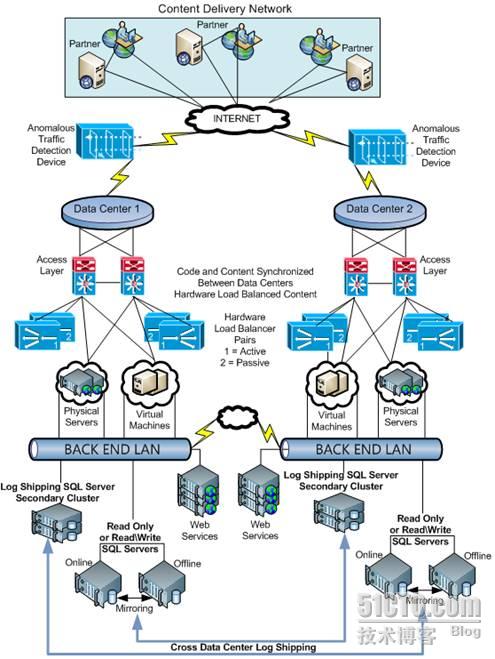|
Virtual assistants have emerged as one of the most notable advancements in technology, revolutionizing the way we interact with our devices and changing the landscape of daily tasks. These intelligent software programs are designed to understand natural language commands and perform various tasks, from answering questions and setting reminders to controlling smart home devices and providing personalized recommendations. The concept of virtual assistants dates back to the early 1960s when researchers first began exploring ways to enable computers to understand and respond to human speech. However, it wasn't until the last decade that significant breakthroughs were achieved, thanks to advancements in artificial intelligence and machine learning. Modern virtual assistants, such as Apple's Siri, Google Assistant, Amazon's Alexa, and Microsoft's Cortana, have become integral parts of our lives. By leveraging large amounts of data and complex algorithms, these assistants can recognize speech patterns, interpret user intent, and provide relevant and accurate responses. One of the key factors driving the success of virtual assistants is their ability to integrate seamlessly with a wide range of devices, including smartphones, tablets, smart speakers, and even cars. This ubiquitous presence allows users to access their virtual assistants anytime and anywhere, making them indispensable tools for productivity and convenience. Virtual assistants have also evolved beyond simple voice interactions. With the integration of natural language processing and machine learning capabilities, these assistants can now understand context, remember preferences, and learn from user behavior. This enables them to provide increasingly personalized experiences, tailoring recommendations and suggestions based on individual needs and preferences. Furthermore, virtual assistants are now being integrated into various industries and sectors, transforming how businesses engage with their customers. From customer support chatbots to virtual shopping assistants, companies are leveraging this technology to enhance customer experiences, streamline operations, and improve efficiency. While virtual assistants offer numerous benefits, there are also concerns regarding privacy and data security. As these assistants process vast amounts of personal data, including voice recordings and user preferences, it is crucial to ensure robust privacy policies and rigorous security measures. Striking a balance between convenience and privacy will be a key challenge for developers and policymakers moving forward. Looking ahead, the future of virtual assistants holds exciting possibilities. As technology continues to advance, we can expect virtual assistants to become even smarter, capable of understanding complex queries, performing more sophisticated tasks, and seamlessly integrating with emerging technologies like augmented reality and Internet of Things (IoT) devices. In conclusion, virtual assistants have revolutionized the way we interact with technology. With their ability to understand natural language, adapt to individual preferences, and assist in various tasks, they have become indispensable companions in our increasingly connected world. As this technology continues to evolve, virtual assistants will play an even more significant role in shaping our digital experiences and transforming industries across the board.  |
